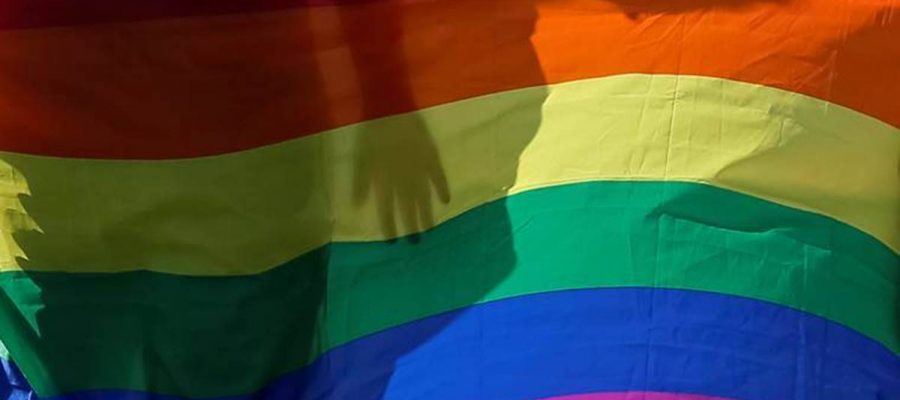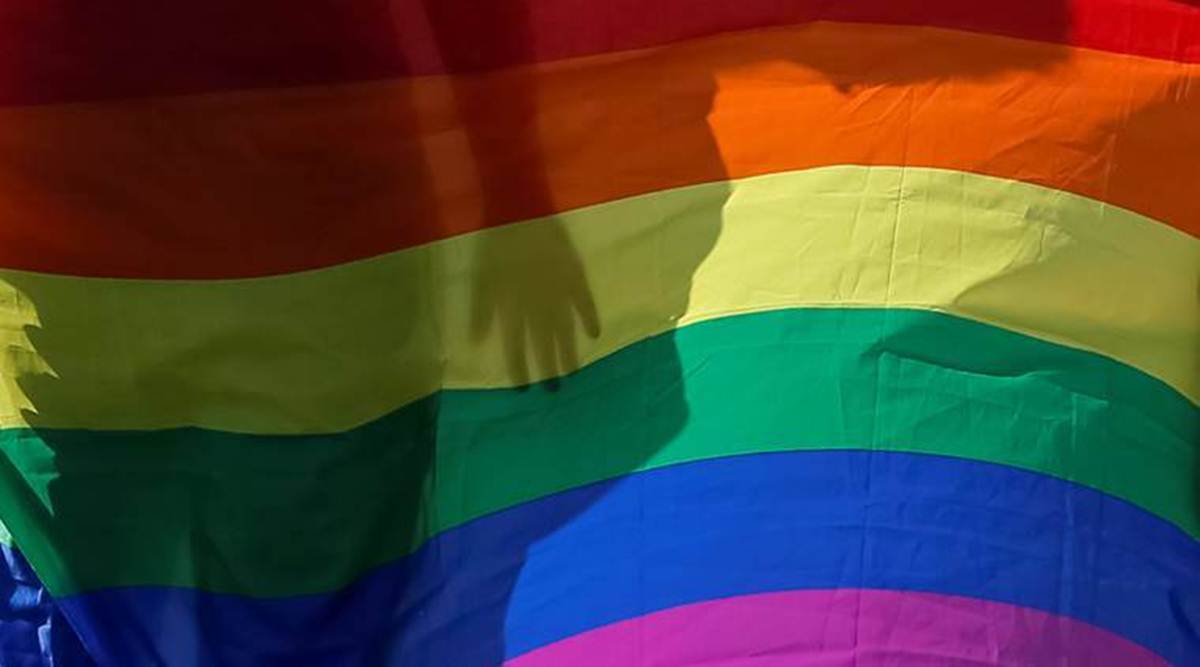In its affidavit, the government said that there exists a “legitimate State interest” in limiting the recognition of marriage to persons of opposite sex.
Opposing a batch of petitions seeking legal recognition of same-sex marriages, the Centre Thursday told the Delhi High Court that the decriminalisation of Section 377 of the Indian Penal Code does not automatically translate to the fundamental right for same sex couples to marry.
In its affidavit, the government said that there exists a “legitimate State interest” in limiting the recognition of marriage to persons of opposite sex. Permitting same sex couples to marry would cause “a complete havoc with the delicate balance of personal laws in the country”.
Same-sex individuals in a relationship or living together as partners is not “not comparable” with the “Indian family unit concept” of a husband, wife and children, the government said, arguing that the institution of marriage has a “sanctity”. “In our country, despite statutory recognition of the relationship of marriage between a biological man and a biological woman, marriage necessarily depends upon age-old customs… societal values.”
With the High Court set to hear the petitions on April 20, here is a timeline of India’s fight for gay rights:
1861: Introduction of Section 377
Section 377 was introduced by British India, modelled on the Buggery Act of 1533. This section of the Buggery Act was drafted by Thomas Macaulay in 1838 and was brought into effect in 1860. It defined ‘buggery’ as an unnatural sexual act against the will of God and man, thus, criminalising anal penetration, bestiality and homosexuality, in a broader sense.
2001: Naz Foundation files petition against Section 377 in Delhi High Court
Over the years, Section 377 had sparked numerous controversies with activists challenging it in various ways. In 2001, Naz Foundation filed a petition challenging the constitutionality of Section 377 in the Delhi High Court. They filed a lawsuit to allow homosexual relations between consenting adults.
2003: Delhi HC dismisses Naz Foundation plea
The Delhi High Court dismissed the Naz Foundation petition, saying the body had no standing in the matter. The Naz Foundation appealed the dismissal to the Supreme Court in 2006, which instructed the Delhi High Court to reconsider the case.
2009: Delhi HC decriminalises homosexuality
In a landmark decision, the Delhi High Court decriminalised homosexuality among consenting adults, holding it in violation of Article 14, 15 and 21 of the Constitution of India.
2012: Supreme Court overturns the HC order
After HC’s judgment, various appeals were made to the Supreme Court, challenging the High Court’s authority to change a law. In December 2012, the Supreme Court overturned the HC’s decision, after finding it “legally unsustainable.”
A two-judge bench, comprising Justice G S Singhvi and Justice S J Mukhopadhaya observed that the HC had overlooked the fact that a “minuscule fraction of the country’s population constitutes LGBT,” and that in over 150 years less than 200 people were prosecuted for committing an offence under the section.
The Supreme Court then recommended that the Parliament address the matter because only they had the power to amend the existing laws.
2015: Shashi Tharoor’s Private Member Bill
After the Narendra Modi-led government was sworn in in 2014, it said it would take a decision regarding Section 377 only after the SC judgment. In a written reply to Lok Sabha, Minister of State (Home) Kiren Rijiju had said, “The matter is sub-judiced before the Supreme Court. A decision regarding Section 377 of IPC can be taken only after pronouncement of judgment by the Supreme Court.”
A year later, when Shashi Tharoor introduced a private member’s Bill to decriminalise homosexuality, the Lok Sabha voted against it.
2016: Five petitioners move SC over Section 377
Five petitions were filed by S Johar, journalist Sunil Mehra, chef Ritu Dalmia, hotelier Aman Nath and business executive Ayesha Kapur. The petition, filed by well-known LGBTQ activists, claimed their “rights to sexuality, sexual autonomy, choice of sexual partner, life, privacy, dignity, and equality, along with the other fundamental rights guaranteed under Part-III of Constitution, are violated by Section 377.”
2018: SC begins hearing on Section 377
A five-judge Constitutional bench, led by Chief Justice of India Dipak Misra and comprising Justices R F Nariman, A M Khanwilkar, D Y Chandrachud and Indu Malhotra, begins hearing petitions challenging Section 377.
2021: Centre Opposes Same-Sex Marriages in Delhi HC
On Thursday, the Centre opposed a batch of petitions seeking legal recognition and registration of same-sex marriages. The Centre claimed that a marriage between individuals cannot be treated as a private affair, as they invoke “age-old customs, rituals, practices, cultural ethos and societal values” of India.
The Division Bench of Justices Rajiv Sahai Endlaw and Amit Bansal has listed the cases for next hearing on April 20.
Source: Read Full Article


